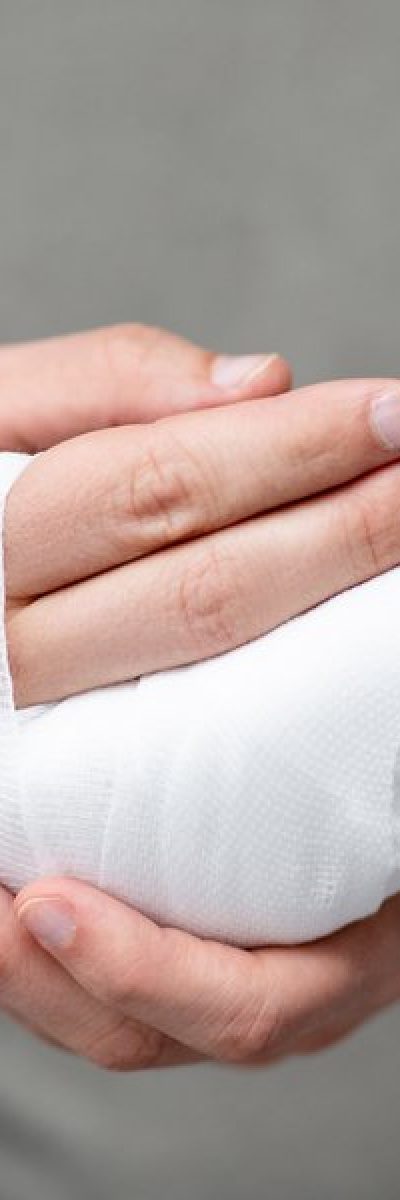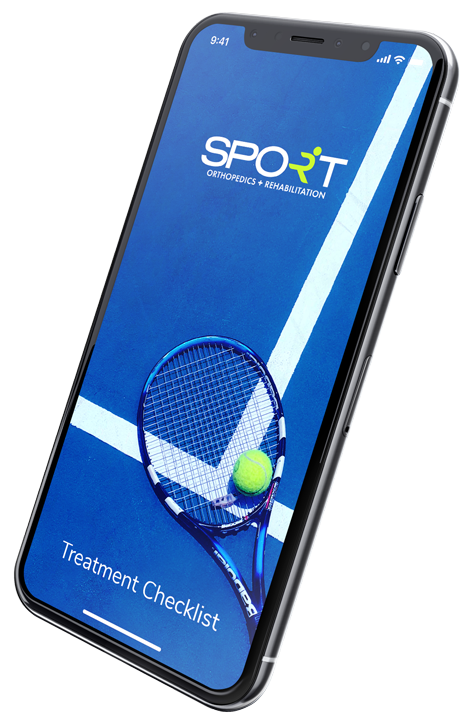Hand Injuries Specialist in Dallas, Texas
Hand Specialist and Orthopedic Surgeon
Home » Conditions » Hand Injuries
What Kind of Doctor Should I See For Hand Pain?
While it is not uncommon for people to take certain body parts for granted, this is not ideal. For example, we use our hands every single day, for countless tasks. Typing on keyboards, throwing a baseball, holding things, and lifting objects all require the hands. Made up of complex structures, the hands sustain damage or experience pain for a number of reasons. Sometimes, simple overuse is the culprit. Other times, the symptoms require a professional touch. A hand doctor, or hand specialist, is absolutely essential for treating hand injuries or disorders.
Below, we outline when you should contact an orthopedic hand specialist about your hand:
Chronic Pain
If your pain lasts more than a few weeks, this is a red flag. Having a hand doctor investigate the underlying causes of your pain is step number one. This allows the doctor to diagnose and treat your pain, setting you on the path to relief.
Daily Life Impact
Moderate to severe hand pain will almost certainly impact your daily life. Sometimes, it leads to difficulty completing simple tasks. Then, it leads to a decrease in your quality of life. Orthopedic hand specialists can help with this.
Conservative Treatment Fails
Conservative treatments usually start with RICE, or rest, ice, compression, elevation. In other cases, patients use braces or implement physical therapy. When this fails, see a Dallas hand specialist about your pain.
Other Conditions Exist
Hand pain combined with other conditions often requires individualized treatment. At SPORT, a Dallas physical therapist will work with you to find the best solution to your problem.

What is a Hand Specialist?
Orthopedic hand specialists are experts at diagnosing problems of the hands, wrist and forearm. They use both surgical and non-surgical treatments to help with a variety of conditions such as arthritis or sports injuries. Some orthopedic surgeons also have further training specifically in hand surgery, which includes treating more complex issues involving carpals or the joints between fingers. Below, we list a number of conditions that a hand doctor is well-trained to treat.
- Carpal tunnel syndrome
- Trigger finger
- Thumb joint arthritis
- Dupuyten’s contracture
- Traumatic injuries
- Nerve-related issues
- Lumps on fingers
Do I Need an Orthopedic Hand Surgeon for My Hand Injury?
Certain signs exist that signal the need for hand surgery. When other nonsurgical treatments fail or produce mediocre results, hand surgery is often the next step. An orthopedic hand specialist will recommend and then perform the most minimally invasive surgery possible for your condition.
Below, we list some hand injuries and conditions that often require surgery:
- Tendon disorders
- Tendon injuries
- Nerve injuries or disorders
- Sports injuries or work-related injuries
What Is the Recovery Time for Hand Surgery?
Patients undergoing hand surgery should expect a recovery time ranging from several weeks to several months. This depends heavily on both the complexity of the surgery as well as their body’s healing ability. Ideal recovery requires that you follow the instructions of your hand doctor as closely as possible. This includes wearing splints or braces as recommended, and avoiding certain actions.
Below, we include tips to help the healing process for hand injuries:
- Prepare your home for recovery. We recommend labeling the items in your home that are “safe” to pick up. Safe items are light enough not to cause pain or recovery complications. Labels provide visual reminders and force you to think about whether or not you should use your hands for particular tasks.
- Rearrange furniture. If you want to adjust the aesthetics of your home, refrain from doing this after surgery. Do this before surgery to avoid hurting your hand. Also, place the items that you use frequently in easily-accessible places.
- Avoid household chores. Almost every chore requires the hands. Have someone help you, if possible. Prepare meals in advance, clean before surgery, and minimize the chores that you do afterward.
- Follow the instructions of your hand doctor. Surgeons recommend aftercare regimes for a reason. For example, they may recommend that you keep your brace or stitches dry. Do this to the best of your ability. Complete your recommended therapy regimes.
What Is the Best Way to Prevent Hand Injuries?
Believe it or not, there are several ways to prevent even the most common hand injuries. Whether cutting fruit or using power tools, these activities have simple solutions to both reduce the likelihood of injury and avoid them altogether.
Below, we list simple changes that will help reduce your risk of hand injuries:
- Use cutting boards instead of holding items in your hand when cutting foods.
- Position your fingers away from the path of the blade while cutting.
- Never disable safety devices on power tools.
- Use extra caution with certain tools, such as nail guns or sawblades.
- Read all instructions and follow safety precautions.
- Keep the work area or kitchen area clean of hazards and clutter.
- Use proper lighting in the area.
- In a fall, try to roll on your arms or shoulders instead of trying to catch yourself with your hands.
- Use leather, cut-resistant, or chemical-resistant gloves for tasks as needed.
- Remove all bracelets and jewelry to avoid catching it on tools.
- Wear properly-fitting gloves that do not catch on spinning machinery.
- Sharpen the knives. Dulled knives tend to slip around while cutting, whereas sharp knives perform in a more controlled fashion.
- While cutting, curl the fingers inward and use the flat knuckles as a guide for the knife.
- Use a stabilized cutting board.
- Avoid performing repetitive motions too quickly. Approach with caution and proper form, not speed.
- Use protective gear in sports, such as wrist guards or gloves.
- Exercise the muscles and tendons of the hand regularly.
Common Hand Injuries
Sadly, painful wrist and hand injuries are very common. An experienced hand doctor will have seen a wide variety of these conditions and injuries. Unfortunately, many athletes and workers choose not to seek treatment for their injuries and pain. This leads to even greater problems over time. Below, we list common injuries that a hand specialist will see during their career.
- Sprains
- Thumb sprains
- Wrist sprains
- Fractures
- Dislocations
- Soft tissue and closed tendon injuries
- ECU tendonitis
- Boutonniere deformity
Sports-Related Hand Injuries
- Baseball finger (mallet finger)
- Jersey finger
- Dislocations of the PIP (proximal interphalangeal) joint
- DeQuervain’s Syndrome
- Wrist fractures
- Hand fractures


